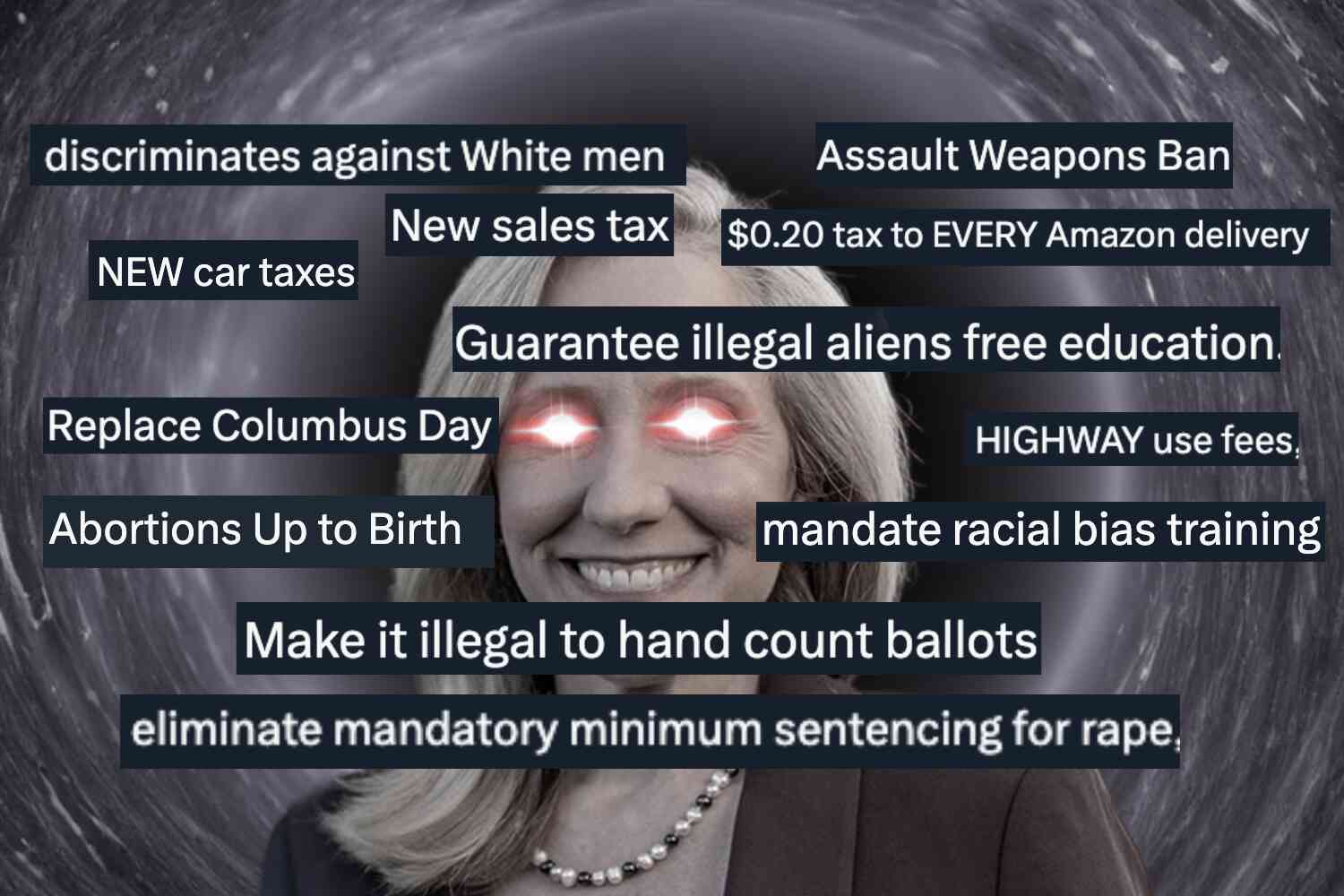Bottom line: You are a racist no matter what you do.
I find it funny that the photo for this story is a hamburger, which I frankly find to be a xenophobic attack against American cuisine.
Here's what this wonderful article has to say:
What's "exotic" to you isn't "exotic" to my neighbor, might not be "exotic" to my mom, probably wouldn't be "exotic" to my best friend.
The first problem with the word is that, probably within the past two decades, it has lost its essential meaning. The second, more crucial problem is that its use, particularly as applied to food, indirectly lengthens the metaphysical distance between one group of humans and another, and, in so doing, reinforces xenophobia and racism.
The first point about the word having lost its meaning is fair enough. Cuisine changes over time, as does language. I don't routinely refer to my Pad Thai as "exotic" since there's Thai restaurants all around.
I would, however, classify certain spices and foods as exotic. Travel to Guangdong, China, Addis Ababa, Ethiopia, or Jakarta, Indonesia and tell me you don't find some food that's extremely far outside your usual palette.
This isn't the article's point though. It's that we are being racist by using a word like "exotic" (which comes from the Greek "exotikos" meaning "from the outside) because it "lengthens the metaphysical distance between one group of humans and another."
Oh, and of course (because you knew this was coming), it's all about how evil white people are.
"I have never heard the word exotic used in reference to something that is White," says Chandra D. L. Waring, professor of sociology at University of Massachusetts Lowell. "You know that exotic means ‘other' or ‘different' from a dominant-White perspective because no one ever says, ‘I'm going to go on an exotic vacation, I'm going to Lowell, Mass.' No one ever says, ‘Let's go to that exotic new restaurant, let's go to McDonald's.'" I can't imagine anyone calling a Big Mac an exotic sandwich, even if, when it was first introduced to countries outside North America, it may have been viewed with skepticism.
It's funny, when I lived in Jordan, McDonald's was the cool place to go. Sure, you could get a shawarma for a dinar, but the high rollers would shell out for or five for some Mickey D's because it was a foreign restaurant with a certain foreign allure.
One might even say it was "exotic."
"The word came into use during a time period in world history when the migration and movement of people and things was limited," Ray explained via email. In the 1500s, "there was a self-proclaimed center of the world: the West." Centuries of art, science and language evolved under this perspective. Ray points out that the word "orientation" originally described one's position in relation to the East.
It's been a long time since European explorers traveled the world in pursuit of wealth, spices, coffee, tea, chocolate and places they would colonize or people they would enslave — in short, things they would label exotic — but that history is inextricable from the word.
"It's completely tied to the history of colonialism and slavery," says Serena J. Rivera, assistant professor of Portuguese and Spanish at the University of Pittsburgh. "If you are exotic, if you're automatically an ‘other,' you're not one of us." But for someone to make such a judgment, they would need to be in a position of power.
Ah, I see. Europeans were the only people who ever explored, traded, colonized, and created certain categories of people who belong in certain groups.
I'm sure if the Chinese had bothered to invent the triangular sail, their colonizing would have been much more inclusive, just like they're doing all over Africa and Asia today!
I also have it on good authority that no one else thinks of their own country or civilization as the center of the world. To keep using the example of China, that's why it totally doesn't refer to itself as the "Middle Kingdom."
The advance of civilization itself, including cuisine, is evil, but only if your skin color is light enough and your moral framework is built on Judeo-Christian ideals. Sounds like WaPo has the moral high ground here!

The article has a lot of other mumbo jumbo, such as criticizing how esteemed French cuisine is over other types of food, but I'm not going to sit here and explain to you how dumb the rest of this critique is, or how some aspects of one civilization – such as their ethics, laws, or sometimes even food recipes – can be superior to another's.
I'm also not going to explain how every human being on this planet has a biased understanding of what is normal versus "exotic", or that every culture has words to refer to things that are generally mainstream in said culture or something foreign to it.
I don't need to go into these details because you ARE human and presumably have more common sense than the writers at WaPo or the woke professors they interview for their articles.
Instead, enjoy some reactions:
Since all language is now racist, perhaps we should find a better way to communicate.
I give it two weeks until we're told that blinking slowly is racist!









